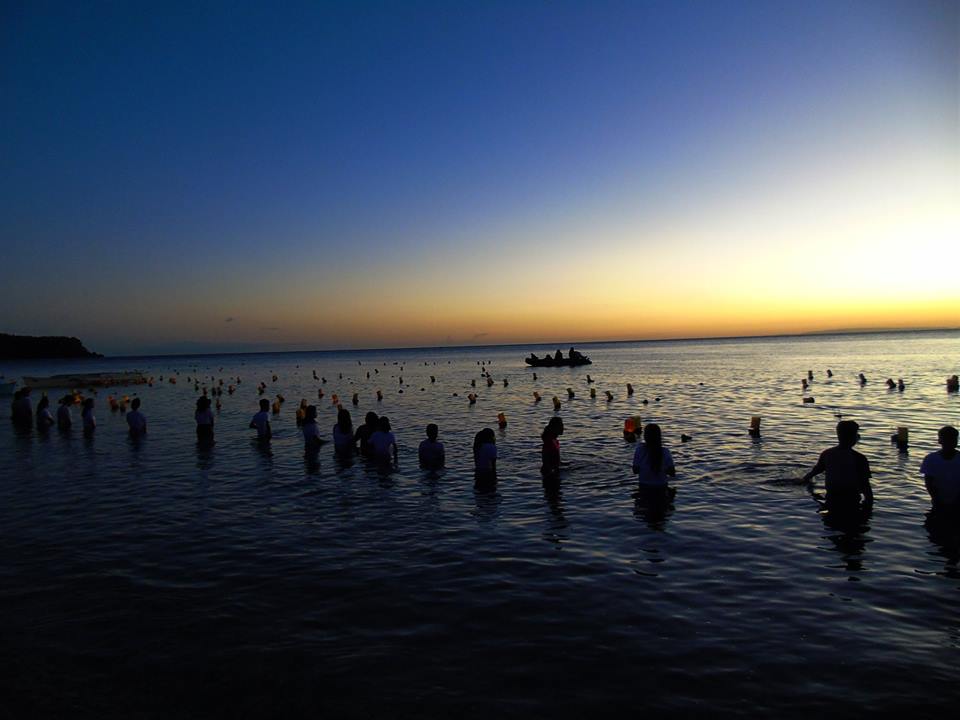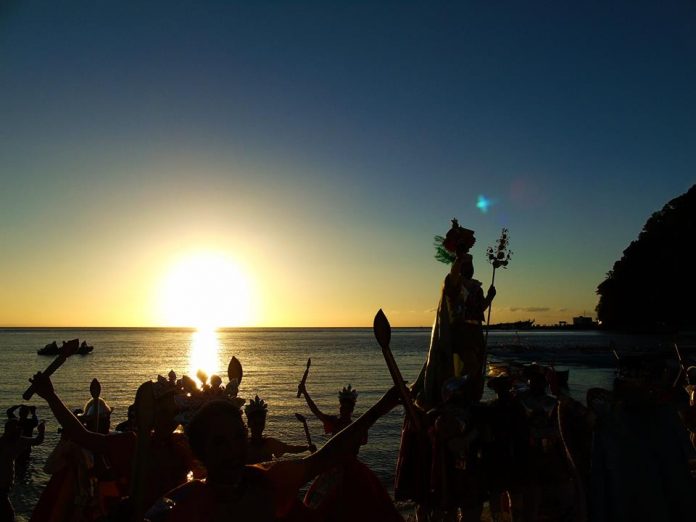Historians have finally resolved the controversy over the site of the celebration of the first Mass in the Philippines months before the 500th anniversary of the arrival of Christianity in the country.
The National Historical Commission of the Philippines said it has adopted a report submitted by a panel of scholars who reviewed the supposed site of the celebration of the 1521 Easter Sunday Mass.
In a statement released on Wednesday, August 19, the commission declared that the celebration of the Holy Eucharist was held on the island of Limasawa in the present province of Southern Leyte in the central Philippines.
The island, about 10 kilometers long from north to south, is believed to be where the first Mass on Philippine soil took place on March 31, 1521, celebrated by Father Pedro de Valderrama.
The priest came with Portuguese explorer Ferdinand Magellan who was looking for the land of spices.
The government body said the panel of experts was convened in response to requests from various institutions, including the Catholic Bishops’ Conference of the Philippines, in anticipation of the observance of the quincentennial of the arrival of Christianity in the country.
Monsignor Oscar Cadayona of the Diocese of Maasin, which includes the island of Limasawa, welcomed the government pronouncement.
“We are so happy that our proofs of the veracity of our claims that our Limasawa is really the site were not dismantled by those who supported other sites,” said the priest.
“It really inspires us, the bishop, clergy, and the lay faithful to work hard to promote the site as a sacred place of encounter between God and man,” he added.
Monsignor Cadayona said the people of the diocese are “optimistic” that Filipinos “will rally behind us as we build structures there as concrete signs of gratitude to the Almighty for the gift of faith received in Limasawa.”
He called on the faithful “to do what we can” to celebrate the anniversary of the arrival of the Catholic faith in the Philippines. “Let us not allow this fear of the pandemic dim the light of faith we received in Limasawa,” said the priest.
Local historian Rolando Borrinaga, who has been doing research on the site of the first Mass, expressed joy over the announcement.
“My research and advocacy for a western Limasawa site of the 1521 Easter Sunday Mass took 12 years to get recognized,” he said.

Rene Escalante, chairman of the National Historical Commission and executive director of the National Quincentennial Committee, said scholars revisited the issue surrounding the site of the 1521 Easter Sunday Mass as part of its mandate to resolve historical controversies.
He cited Antonio Pigafetta, the chronicler of the expedition led by Portuguese explorer Ferdinand Magellan, who wrote that the first Mass happened on March 31, 1521, in a place identified as “Mazaua.”
Escalante said the issue as to the exact location of the first Catholic Mass was earlier resolved by studies done by experts in the past who ruled that the site of the first Mass was on Limasawa Island.
In 2018, however, the National Historical Commission received requests to reexamine the earlier pronouncements made by historians.
“These requests were made in the light of some claims that there were new primary sources and evidences that surfaced recently which were not taken into consideration by the previous panels,” said Escalante in his report.
He said the commission also saw the necessity of reopening a new inquiry because of the forthcoming commemoration of the 500th anniversary of the arrival of Christianity in the country.









